We recently announced the recipients of the Force of Nature Fund, a $500,000 investment supporting organizations that use the outdoors to empower and inspire women and girls. Latino Outdoors, a one-of-a-kind nonprofit that seeks to connect Latinx communities with the outdoors, was one of 26 grant recipients. REI has been a proud sponsor of Latino Outdoors since 2015. The $25,000 grant will help support their nationwide initiative, Estamos Aquí, which works to introduce more girls and women to outdoor experiences. The funding will help expand Latina leadership training, provide more Latina-led outdoor experiences for women in the community, and initiate new intergenerational outings for mothers and daughters that reinforce familial outdoor experiences.
I got out of the car and pulled off my jacket. At 9 a.m. on a sunny August morning, it was already getting too warm for layers. Yet there we were in Roslyn, Wash., a small mountain town well-known to fans of the TV show Northern Exposure, ready to shoot photos of Smartwool layers for fall. As a member of REI’s Content Creative team, we create product stories for upcoming emails and website design, which means we often shoot out of season.
“Who’s our talent today, Buffy?” I asked our producer while we waited for everyone to arrive. On photo shoots, we always try to include real people with a genuine love of and connection to the outdoors.
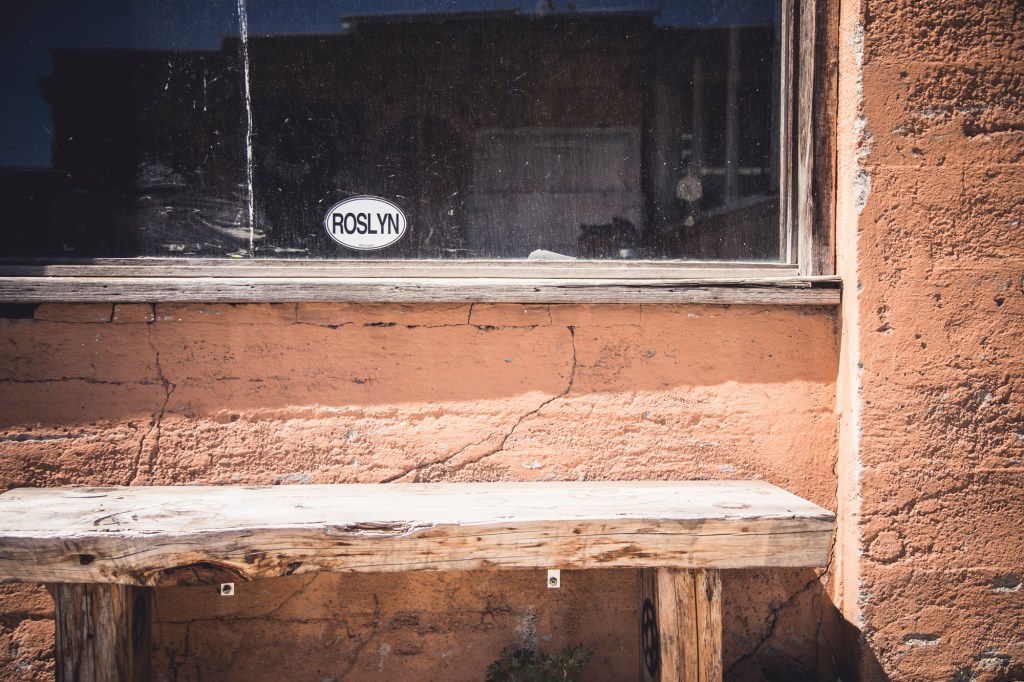
Exploring the tiny town of Roslyn.
“Michelle Piñon, Bianca Fernandez and Javier Fernandez de la Torre. Michelle and Bianca volunteer with Latino Outdoors,” Buffy replied. I heard a car pull up behind me. The doors opened and we were met with three smiling faces. Introductions were had all around.
Michelle, Bianca and Javier didn’t bat an eye when we asked them to don cozy wool apparel in 80-degree heat. As we wandered through the small town, we also chatted about how they discovered and fell in love with the outdoors, and what Latino Outdoors means to them. After the shoot, I reached out to Michelle and Bianca to go more in-depth about their volunteer work.

Michelle enjoys a cup of locally roasted coffee at a cabin outside of Roslyn.
What sparked your interest in the outdoors initially? What is your favorite part about getting outside?
Michelle: For the longest time, I didn’t believe stars existed. I grew up in inner-city Los Angeles, Bell Gardens for those who know the area. In my neck of the woods, constant smog and light pollution always hid the stars from me. I did, eventually, get lucky. At the age of 17, my sister, who was attending Yale at the time, befriended another Latina. She took my sister out, and later my sister took me out, to Joshua Tree National Park. After I saw the stars for the first time, I was hooked. I couldn’t believe there were so many magical, surreal places out there just beyond the edges of our cities. My favorite part of getting outside is still the sense of awe I get every time I come across an unexpected vista.
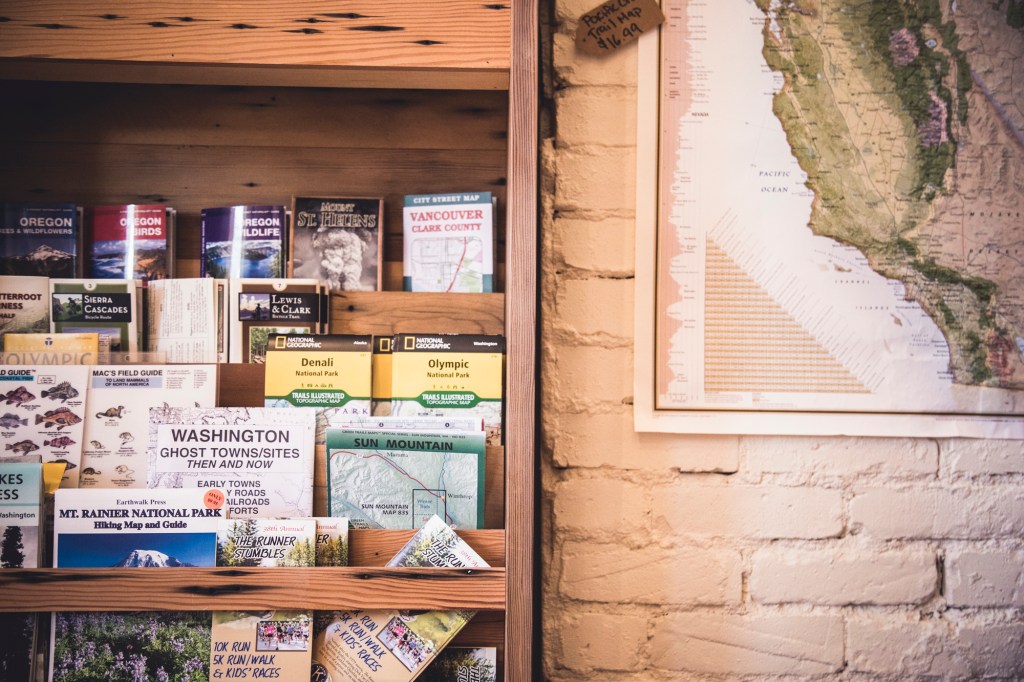
Basecamp Books and Bites in Roslyn is the perfect place to plan an adventure in the Central Cascades.
Bianca: I moved to Omak, Wash., for a year of volunteering after graduating from college. My year in this remote, high-desert town radically changed my connection to the outdoors. I lived out on the Colville Reservation, nestled in a valley of hills and about 4 miles from Omak Lake. For the first time in my life, I met people who knew the area relative to natural features, such as Table Rock Mountain behind our volunteer home. Having grown up in Miami, I didn’t have a strong connection to the outdoors—apart from beaches and the occasional visit to the Everglades. Too much humidity and too many mosquitoes. In Omak, at 22, I had an opportunity to get to know a place in a radically different way. I also had a coworker, an avid rock climber and backcountry skier, who pushed me to try new, at first seemingly scary activities, only to learn I absolutely loved pushing my personal limits and spending time outside. I also quickly realized food tastes so much better after a long day outdoors.
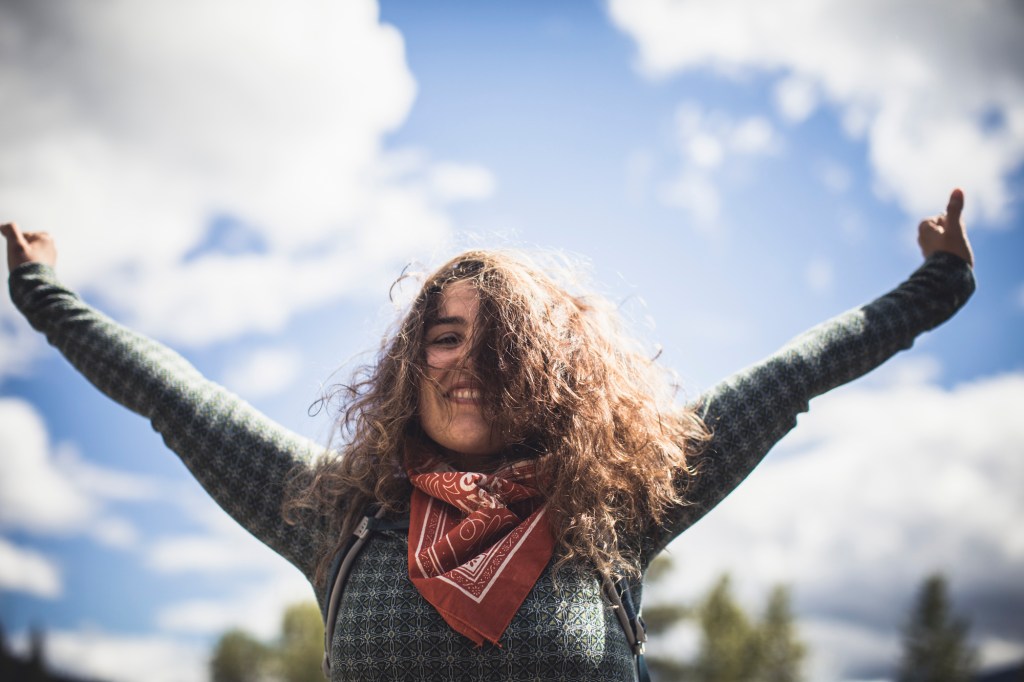
Bianca revels in the beauty of a perfect Washington day.
How did you get involved in Latino Outdoors and how have you since participated with the organization?
Michelle: I got involved back in 2015 when I met José González, founder of Latino Outdoors. At that point, I had spent multiple years roaming the country but rarely saw others that looked like me or my family. It was, to say the least, uncomfortable. I hated feeling like I had to be someone different when I was outside exploring. When José introduced Latino Outdoors to me, I immediately thought, “This is exactly what I’ve been looking for.”
Since 2015, I’ve served as a volunteer—my official title being Pacific Northwest Regional Coordinator. I immediately began hosting all-inclusive outings for families. This work is incredibly difficult; it’s worth noting that Latino Outdoors is a grassroots nonprofit that relies on the work of volunteers, all who operate on a shoestring budget. In my case, I’ve hosted over 22 outings that have engaged over 300 participants, all without any real budget. I’ve relied heavily on forging new partnerships to host events. It’s also worth noting that, unlike many other programs, we believe very strongly that our events should be accessible to those most in need. This means that all of our outings are: (1) open to the entire family (we’ve had 2-years-olds out with us), (2) free of charge, (3) accessible to Spanish-only speakers, (4) include transportation, and (5) we provide all of the gear required for the outdoor activity. As you can imagine, this makes my job a lot more difficult. But, at the end of the day, we are working to remove barriers. My hope is our all-inclusive outing will inspire others to invest in the gear they need to continue exploring.
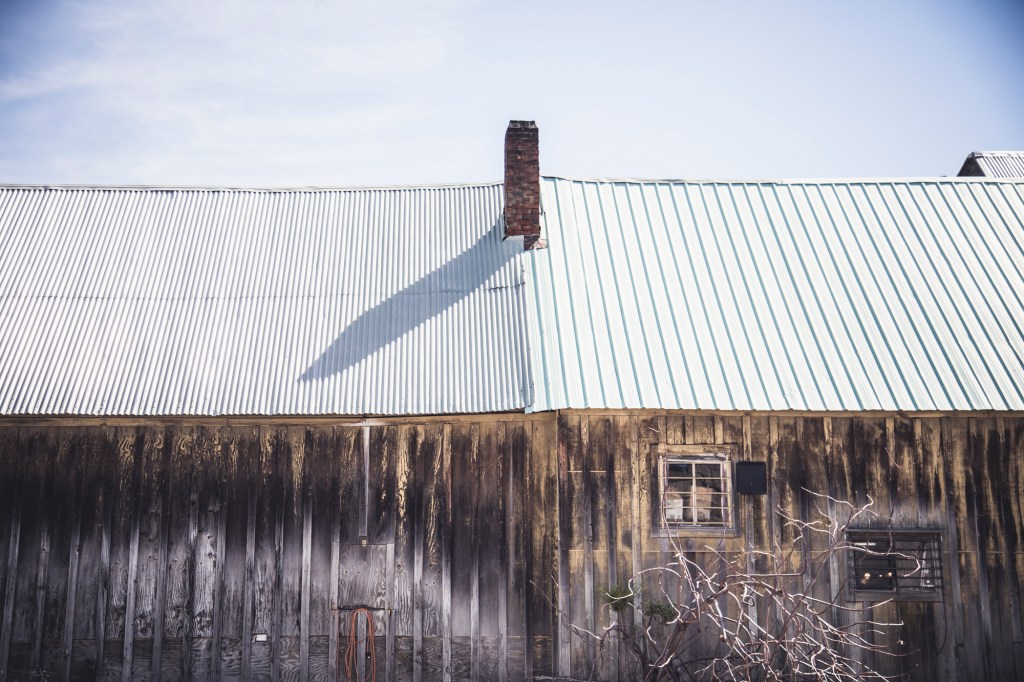
Roslyn is rich with history and rustic charm.
Bianca: I was working as a community health worker at a nonprofit in Hood River, Ore., and we had funds to support the start of a Latino hiking group in our area. Although there are numerous trails nearby, much of the Latino community does not know how to access them. We were fortunate enough to have the Sierra Club and Latino Outdoors team up and train 25 volunteer leaders to lead hikes for our community.
When I moved to Seattle in February of 2017, I got connected with the chapter here. Run almost solely by volunteers, Latino Outdoors never ceases to amaze and surprise me! With a tight budget and a lot of heart, we are able to take numerous families and members of the community out exploring new trails and areas they didn’t even know existed. It is such a fun opportunity to share that wonder with a group.
What have you learned—about yourself or your community—through your involvement with Latino Outdoors? What do you hope to accomplish by participating in this organization?
Michelle: I have learned that one person really can make a difference.
When I started this journey, I thought I would be lucky if six folks showed up. But that didn’t happen—my first event, a snowshoe outing planned with Mount Baker-Snoqualmie National Forest staff filled in under 16 hours with over 40 folks registering. That’s insane! After that, I realized there was a tremendous need for this work—that in some ways, this would be how I would repay my debt to the community that raised me.
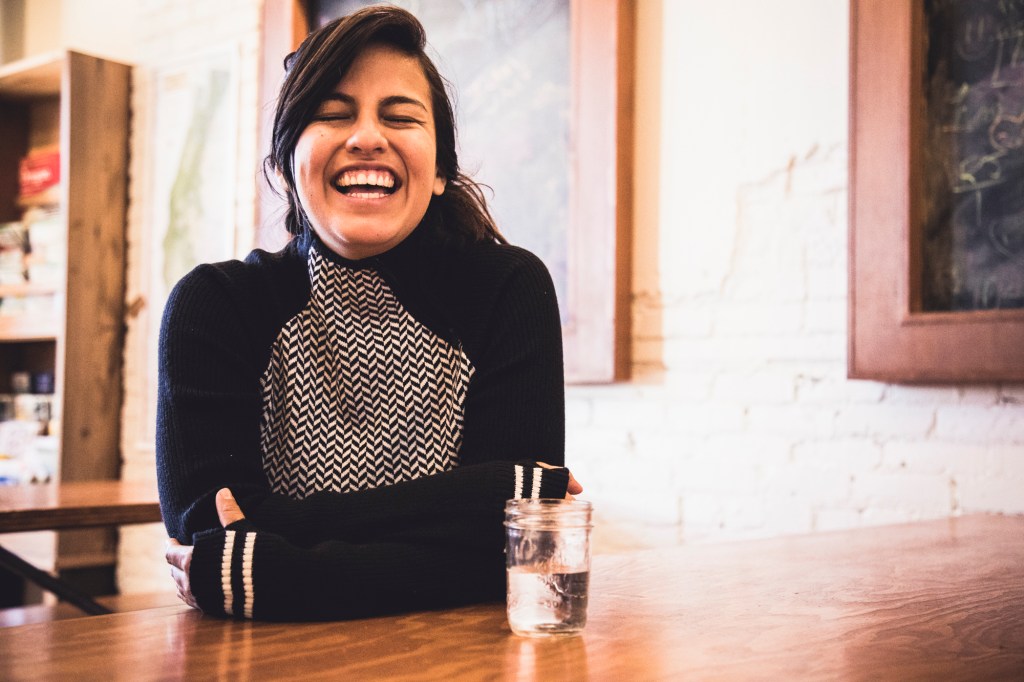
Much of the shoot was spent cracking jokes, and discussing Michelle’s and the others’ previous and upcoming adventures.
Bianca: Personally, I have great mentors who support my interest in exploring the outdoors. Without them, I don’t think I would have the same amount of confidence to go adventuring on my own and leading hikes with friends and Latino Outdoors. I find that Latino Outdoors tries to support the mentorship and guidance that is necessary to ease people into a new environment and activity. No matter how many times I may do the same hike, I love seeing people who have never visited before wonder and marvel at all the beauty there is to take in, as well as get a good workout in.
According to Latino Outdoors, the Latino population is among the most underrepresented groups in conservation, outdoor recreation and environmental education organizations. How are you working to expand outdoor access in Latino communities?
Bianca: I think connection is important. You cannot begin the conversation about conservation without first knowing the land, feeling connected, having some skin in the fight, if you will. I grew up in Miami. I didn’t know what mountains were. I didn’t really have a grasp of the immense power raging rivers have and the majesty of standing at the top of a ridge or mountain. All those tiny and momentous instances add to a growing and ever deepening love of time spent outdoors.
Latino Outdoors strives to connect people to one another, to their culture and to the green and open spaces near their home. If you don’t know those places exist or don’t know how to get to them and don’t have anyone you feel comfortable asking, then chances are pretty high you won’t ever get to act upon that curiosity. My personal goal is to increase exposure on an individual level with the hopes that it ripples out, similar to the idea of paying it forward. If a mother or son or aunt knows where to go and what is needed to go on a hike, then they can suggest that for a family outing next week. I think the crux, though, is the mentorship and gentle education of how these lands are used and accessed.
How has involvement in the group changed since it was founded in 2013? Is it growing?
Michelle: Latino Outdoors is still growing. At this point, we’ve engaged over 300 participants through the Washington chapter, accrued a listserv of over 170 folks and have a pretty sizable Facebook group going for our chapter, as well. And that’s just in Washington; we have the same happening in places like the San Francisco Bay area, the Central Valley of California, L.A., Denver, San Antonio, Las Cruces, D.C., and other areas where we have our amazing leaders. My aim in the near future is to provide more advanced outdoor opportunities, such as sea kayaking, multi-night backpacking, trail work and, someday, mountaineering, and to provide the tools folks need to get outdoors without me.
Editor’s note: This interview has been edited for length and clarity.


